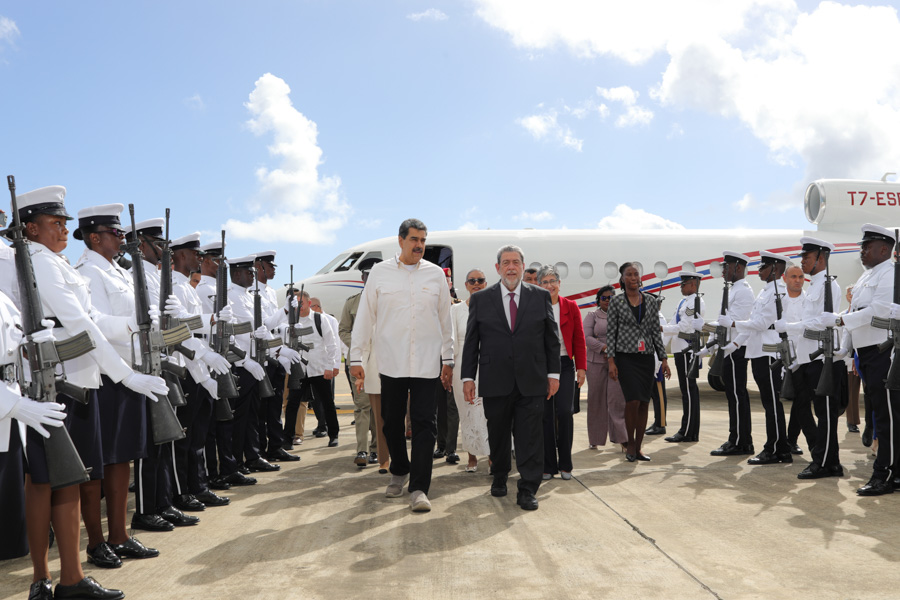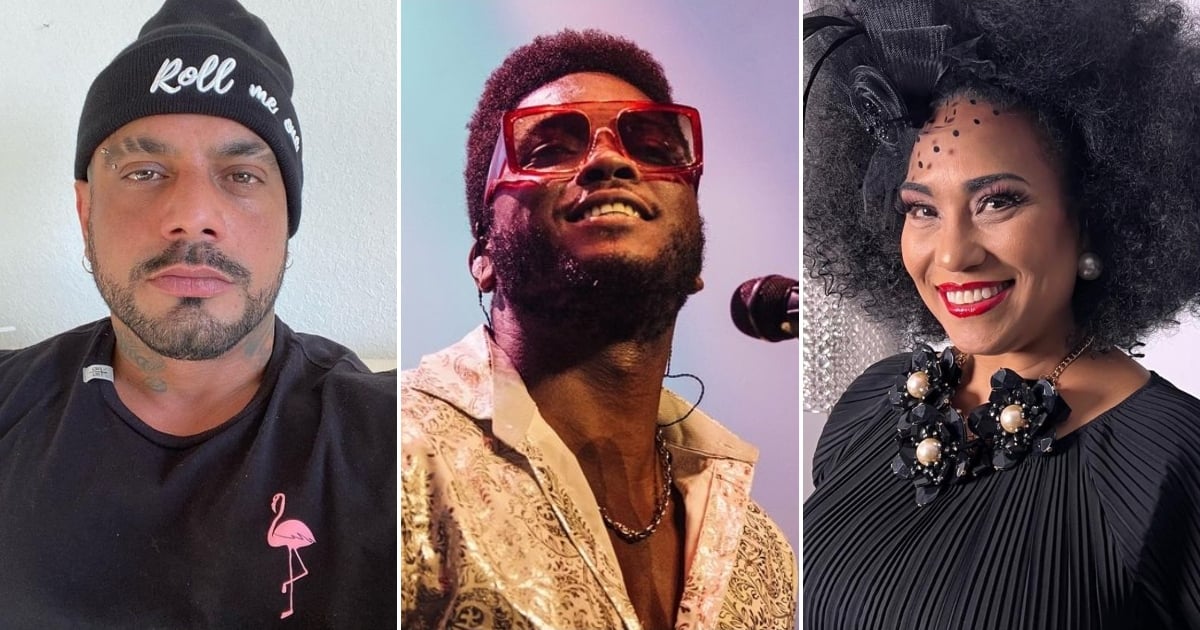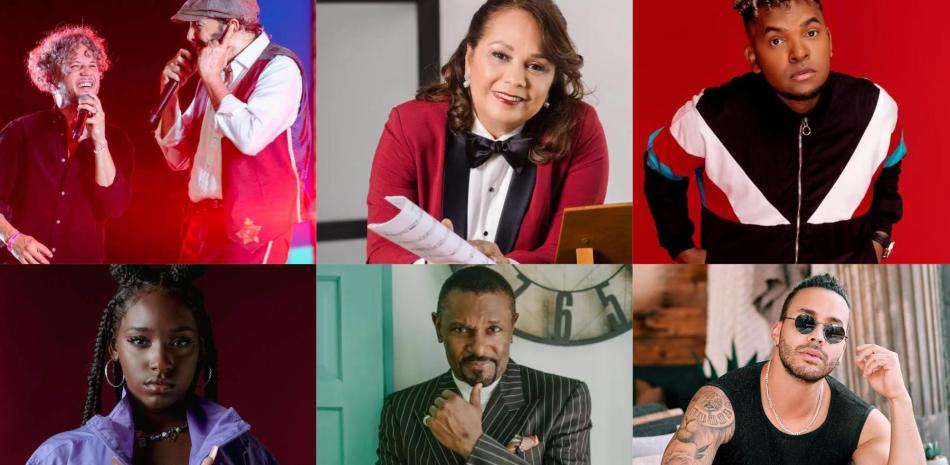Essequibo is a territory in northeastern South America with nearly 160,000 km2 of access to the Atlantic Ocean, and is located between the mouths of the Orinoco and Essequibo rivers.
The dispute between Venezuela and Guyana over Essequibo dates back to the late 19th century and both countries claim it as their own, although Guyana has effective control.
Guyana maintains control of the region thanks to the Paris Arbitration Award of 1899, in which international arbitrators granted sovereignty over the oil-rich region of Essequibo to the British, who ruled the colony of Guyana.
How is Essequibo’s wealth and how did it contribute to Guyana’s rapid growth?
However, Venezuela claims to have lost territory in 1899 because of the award, which has been deemed null and void since it denounced alleged deficiencies in the practice to the UN in 1962.
In 1966, the Geneva Conventions were signed, in which the United Kingdom acknowledged that there was a dispute over the territory of Essequibo. In the same year, Guyana became independent and began a phase of direct negotiations with Venezuela.
However, no agreement has been reached on the dispute, which has seen tensions rise in recent weeks due to Venezuela’s referendum in early December, in which about 95% of citizens said they were in favor. Create a Venezuelan state in the Essequibo region, grant its people Venezuelan citizenship and “incorporate that state into the map of Venezuelan territory.”
The Government of Guyana, through this consultative vote, affirms that it is seeking the “annexation” of Essequibo. The International Court of Justice (ICJ) also ruled that Venezuela’s annexation of Essequibo was illegal.
Before the referendum, Guyana rejected it and asked the ICJ to issue an emergency order to stop the referendum. The ICJ ordered the Maduro government to refrain from taking steps that would exacerbate the dispute over Essequibo; However, Venezuela again rejected the jurisdiction of the ICJ to resolve the dispute.
The ICJ, the UN’s main judicial body, has been trying to mediate the dispute for years.
In March 2018, Guyana appealed to the ICJ to confirm the “legal validity and binding effect” of the Paris arbitration award.
A few months later, in June 2018, Venezuela submitted a letter to the ICJ, stating that the body did not have jurisdiction to rule on the matter and therefore would not participate in the proceedings. The ICJ decided to resolve the question of its jurisdiction first, which it did in 2020, ruling that it had jurisdiction to assess the case.
And there the tension persists: Venezuela ignores the jurisdiction of the ICJ, rejects the Paris award and alleges that the Geneva Convention is the only legal instrument that recognizes the dispute, while Guyana says that, despite the meeting scheduled for this Thursday, the country’s territorial boundaries will not be subject to debate and will respect the ICJ ruling.





